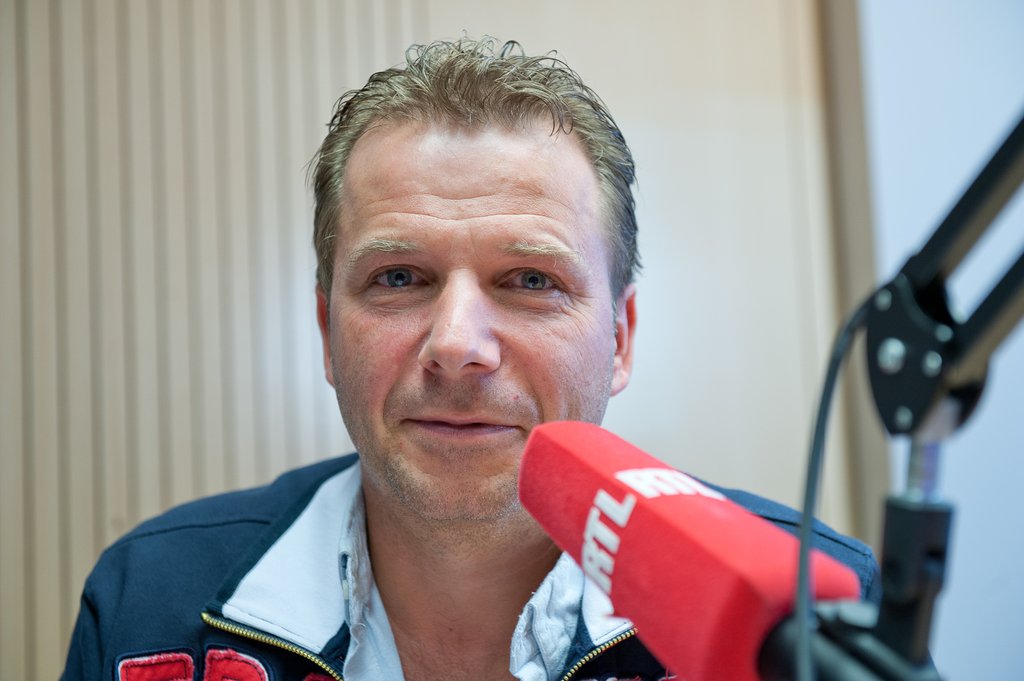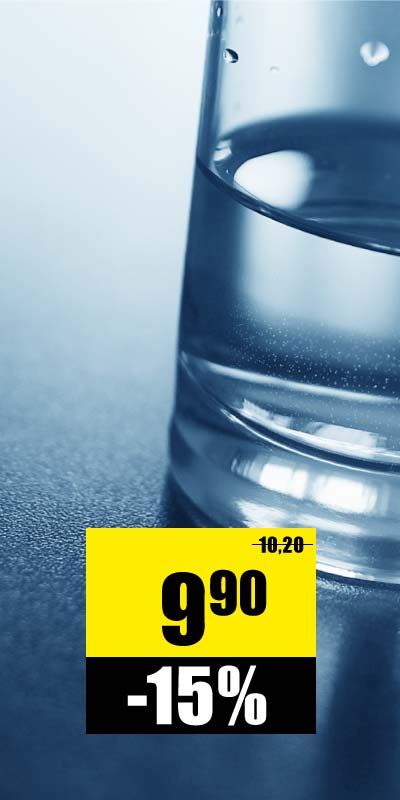PEOPLE - Which party is closest to RTL (2)
The big overview: How much CSV is in RTL - and vice versa?

Photo: RTL
An overview of the people involved.
Not only is the DP closely connected to RTL, the CSV also historically has a close network of connections with the largest broadcaster in the country - and this is despite the fact that the CSV was already connected to the largest print medium „Luxemburger Wort“. And how far the CSV did not hesitate to establish hegemony in the media in the past was shown, among other things, by the discussion in 1981 when the CSV wanted to place the Wort director Heiderscheid on the board of directors of the CLT. On RTL One we have already reported on Jean-Louis Schiltz, who was Minister of Communications and then joined CLT-UFA, the group behind RTL, and also showed how Viviane Reding, as EU Commissioner, governed in favor of Bertelsmann, the parent company of CLT-UFA. But the list is much longer.
To get an overview of the relations between RTL and CSV, three categories are again set up here. An attempt has not been made here to go too far into history, but to paint a picture from around 1991 (the vote of the first media law) to the present day. Of course, there were also previously some significantly more flagrant mixings of politics and media. To perhaps pick out the two most important examples: Gust Graas was the long-time general manager of CLT, the company behind RTL. He is a kind of founding figure of RTL TV, and was also head of personnel since 1962 and later involved in all the central projects for the further development of CLT-UFA. Gust Graas was not neutral in terms of party politics, but he also played a role within the CSV, having founded the CSV youth organization CSJ. Pierre Werner was not only Prime Minister of Luxembourg, but also later director of the board of directors of CLT-UFA.
The following list is probably not complete, if you still know names, please write us an email.
1) Familiar faces who wanted to jump into politics
- Long-time RTL journalist Frank Kuffer, who ran for CSV in the 2013 elections, was heavily speculated. Not long before, he was one of the most important political journalists on RTL, who also liked to comment against the parties, especially against the LSAP, and he was already on the list for CSV in the north. Result: last place. Frank Kuffer was left without a job and went to work at the Lycée in Ettelbruck before being recruited by the CSV as head of communications for the EU deputies. Today he represents the CSV in the municipal council in Erpeldange and is responsible for the press work of the CSV faction.
- Nico Keiffer, RTL sports journalist, is also not doing well in the elections. At the beginning of 2018, Paperjam revealed that Nico Keiffer will probably be a candidate. Nico Keiffer does not deny this, but he is not resigning either but continues to work at RTL as long as possible. He has been active at RTL since 1983. After his Waldefaite, however, according to his own statements, he is rather „done with politics“. However, things do not seem to work out anywhere else, so he soon becomes a CSV employee and, together with Frank Kuffer, takes care of the party’s communications.
- Felix Eischen has been a member of the CSV since 1987, according to Paperjam (https://paperjam.lu/guide/biography/0579233074/felix-eischen), his career starting a year later at RTL. From 1988 to 1997, Felix Eischen was a reporter for RTL Radio Luxembourg before moving to Tëlee, where he worked as a presenter until 2007. From 2001, he was also a „head of service“ for RTL Magazine. After a short time as an insurance agent, Felix Eischen ran for the CSV in 2009 and was immediately elected to the Chamber. He was re-elected in 2013, 2018 and 2023, was briefly CSV Secretary General in between, and now serves as chairman of the Parliament’s media commission, among other things. In addition, Felix Eischen is the mayor of the municipality of Kiel.
- It has been 30 years since then, but the current Prime Minister Luc Frieden also contributed to RTL for a while. From 1981 to 1994, he recorded a regular column on legal and European political issues for RTL Radio Luxembourg, before entering the Chamber for the first time in 1994. In his later political career, he was briefly Minister of Media in 2013 and is currently Minister of Media in addition to his position as Prime Minister.
2) Powerful decision-makers who act in the interests of RTL
- As Minister of Communications, Jean-Louis Schiltz signed the new concession agreements with RTL in 2007 and advocated for the interests of CLT-UFA at EU level. He then sat on the CLT-UFA board of directors as CSV faction leader, left politics, but retained his seat. His career within the media group eventually led him to the position of Vice-Director of RTL Group. As CLT-UFA board director, he signed the State Treaty on the other side in 2020.
- Jacques Santer’s last official act as Prime Minister was to sign the concession agreement with CLT-UFA, before becoming Commission President in Brussels in 1995. In his new European role, Jacques Santer continued to fight for the interests of the Luxembourg media group and advocated for the deregulation of the television market. After the end of his European career, it was not long before Jacques Santer switched to the private sector and in 2004 replaced Gaston Thorn at the head of the CLT-UFA.
- Another Minister of Communications from the ranks of the CSV was François Biltgen, who had already received an insight into the CLT-UFA before his ministerial mandate. His mandate as Minister of Media falls at a time when no new concession has been negotiated with RTL, but he is preparing the next stages in RTL’s favor. For example, the urgently needed reform of media supervision is proving to be significantly less effective than it should be.
- Of course, Jean-Claude Juncker often equated the national interest with the interest of RTL and maintained a good relationship with RTL’s parent company Bertelsmann. In 1996, Jean-Claude Juncker facilitated the merger of CLT with Bertelsmann and thus helped create the largest media group in Europe. As EU Commission President, he promoted former Bertelsmann lobbyist Martin Selmayr to his chief of staff.
- Another influential CSV politician is René Steichen, who in his political career was both a minister and an EU commissioner and later sat on the board of CLT-UFA. He was also chairman of the satellite operator SES, and at a crucial moment oversaw the interplay between SES and CLT-UFA.
3) Why state or RTL when both can be done at the same time?
- Françoise Hetto-Gaasch worked for RTL Télee Luxembourg from 1993 to 2004, before she ran in the 2004 parliamentary elections and even made the jump to parliament in 2009 and even managed to join the government. However, Françoise Hetto-Gaasch was already politically active for the CSV before the 2004 elections, at the municipal level in Jonglënster, where she sat on the municipal council from 1999 and was also mayor for a short time in 2007.
- Another current minister who worked as a freelancer for RTL is the Minister of Sports and Labor Georges Mischo, and this according to his own statements after 9 years. He was, among other things, RTL „Schwammkorrespondent“ and this even after he had already participated in the parliamentary elections for the CSV in 2013 (however, he had missed the jump to parliament by a long way). At the time, Georges Mischo was also already sitting on the municipal council in Esch.
- Viviane Reding started out as a journalist, but at „Wort“ and not at RTL. Later, as an EU Commissioner, the CSV politician championed the interests of RTL’s parent company Bertelsmann. Following this mandate, she was a member of the Bertelsmann Foundation’s Board of Trustees from 2015 to 2023 and at the same time a member of the EU and Luxembourg parliaments.

















